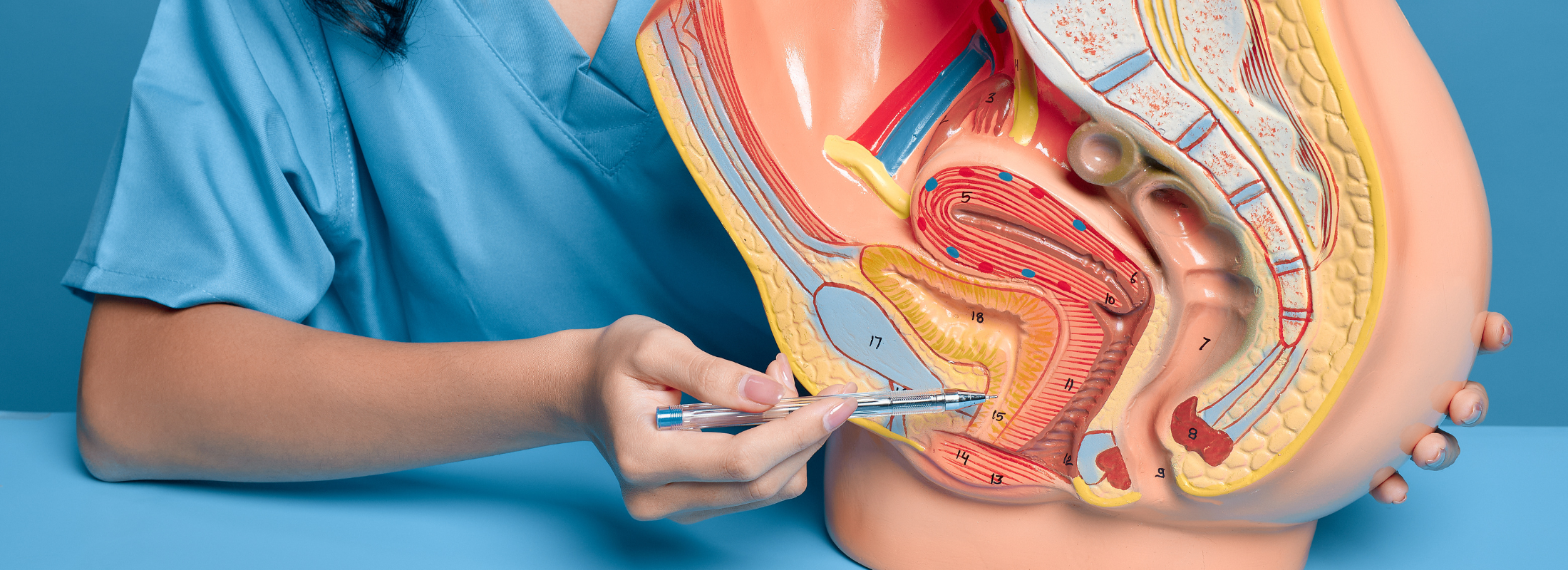Are you experiencing discomfort or pain while urinating? Perhaps you’re feeling the urgency to urinate frequently, even when there’s little urine to pass. These could be signs of a bladder infection, or a urinary tract infection, or UTI.
Common Bladder Infection Symptoms:
- Pain or Burning Sensation: A common symptom of a bladder infection is a burning sensation or pain during urination. This discomfort can range from mild to severe and may indicate inflammation of the bladder lining.
- Frequent Urination: Needing to pee often with little urine could be a sign of a bladder infection. The frequent urge to urinate may persist even after emptying your bladder.
- Feeling a Sudden Urge to Urinate: Even when your bladder isn’t full, is a common sign of a bladder infection. This urgent feeling can occur without warning. Seeking medical attention is important if you experience this symptom.
- Cloudy or Bloody Urine: Could indicate the presence of bacteria or blood in the urine. This may be a sign of a bladder infection. Bladder infections can cause discomfort and require medical attention. Consulting a healthcare provider if you experience these symptoms is important.
- Pelvic Discomfort: People with bladder infections may feel pressure or pain in the pelvic area, lower abdomen, or back. This discomfort can range from mild to severe and may worsen during urination.
Bladder Infection Causes:
Bacteria usually trigger bladder infections by infiltrating the bladder via the urethra. Elements that frequently amplify the risk of bladder infections include:
- Medical Conditions: Diabetes, kidney stones, or a kidney infection can increase the likelihood of bladder infections.
- Sexual Activity: Intercourse can introduce bacteria into the urinary tract, increasing the risk of infection.
- Improper Hygiene: Not cleaning well after using the toilet or bathroom.
- Improper Clothing: Wearing tight clothes can lead to bacteria growth because of trapped moisture.
- Urinary Catheters: Individuals with urinary catheters are at higher risk of developing bladder infections because of the introduction of bacteria into the urinary tract.
Bladder Infection Treatments:
Treatment for bladder infections typically involves antibiotics to treat the bacterial infection. Your healthcare provider may prescribe a short course of antibiotics to relieve symptoms and prevent complications.
In addition to antibiotics, supportive measures may include:
- Drinking Plenty of Water: Staying hydrated helps flush bacteria from the urinary tract and may help alleviate symptoms.
- Over The Counter Medicine: Pain relievers such as ibuprofen or acetaminophen can help alleviate discomfort associated with bladder infections.
- Avoiding Irritants: Avoiding caffeinated beverages, alcohol, and spicy foods may help reduce bladder irritation and discomfort.


